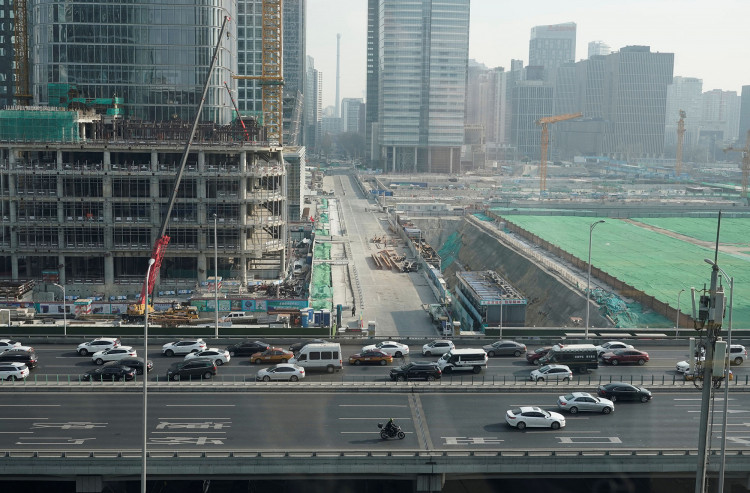The pandemic shook the Chinese economy and decreased its GDP for the first time since 1992. The decline raised pressure on authorities to impose more measures to alleviate unemployment in the country.
The pandemic has paralyzed China's production and spending adding pressure to its authorities to impose measures to alleviate unemployment rates. The gross domestic product (GDP) decreased by 6.8 percent in the first quarter of the year on an annual basis. This Friday, official data was released and the yield was larger than the anticipated 6.5 percent downfall forecasted by analysts in a Reuters poll.
The contraction was the first GDP fall of China since 1992, reported the National Bureau of Statistics. It managed to revert large portions of the economy since February, but the recovery was not enough to revive its economic growth as the pandemic continues to adversely affect global demand for its export products.
According to Japanese firm Nomura, Beijing might deliver a stimulus package in the short-term that may be financed by the central bank through financial channels. The company claimed that compared to previous easing cycles that offered lenient credit policies on finance spending on infrastructure, property, and consumer durable goods, China's new credit is now imposed for financial relief. The said relief was in aid of companies that struggle to keep their business alive during the pandemic. Even banks and households that survive the pandemic are challenged to keep their finances stables.
Last quarter, China experienced a 1.5 percent GDP growth in the last quarter of 2019. However, its urban jobless rate was at 5.9 percent in March that showed a 6.2 percent decline from February's numbers. Separate data also showed that China's industrial output fell by less than the expected 1.1 percent in March compared to 2019 values. Retail sales also declined by 15.8 percent during the same period. Lastly, fixed asset investment shrank by 16.1 percent also during the first quarter of the year.
Market analysts expect 30 million job losses in China for the year due to stuttering work resumptions and declining global demand. The expectation has outpaced the 20 million layoffs that occurred during the 2008-2009 financial crisis caused by the US real estate market.
Beijing then promised to impose more policies that would help the country reverse the adverse effects of the pandemic to its economy. It claimed that increasing unemployment rates has threatened the country's social stability and that alleviating the effects might help the economy recover faster.






